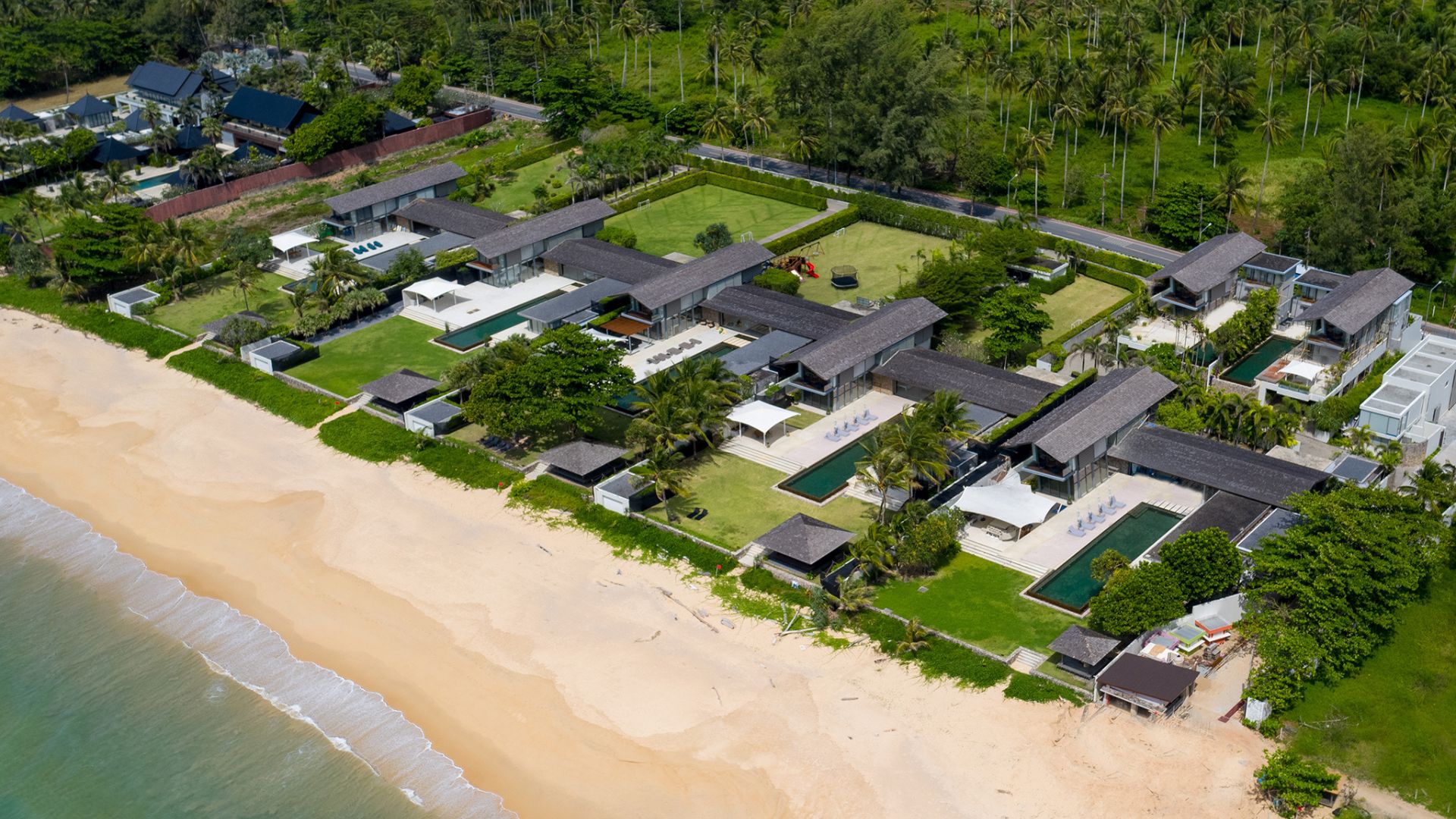The Thai Supreme Court recently ruled against the automatic renewal of 30-year property leases. This decision will have a major impact on real estate in Thailand, especially for foreign investors and developers.
What Does This Ruling Mean?
The court ruled that agreements promising lease renewals beyond 30 years are invalid. This means any lease contract that includes a pre-agreed renewal is not legally enforceable. The decision affects buyers, lessors, and developers who have relied on long-term lease agreements with renewal clauses.
End of Automatic 30-Year Lease Renewals: Background of the Case
The case began in Phuket, where a lessee believed they had a right to extend their lease. A lower court ruled in their favor, recognizing the renewal clause. However, the Court of Appeal overturned this ruling. The Supreme Court later upheld this decision, making it clear that pre-agreed lease renewals are void.
Key Legal Findings
- Lease Renewals Are Not Guaranteed
- Thai law states that a lease cannot exceed 30 years.
- Any agreement for automatic renewal is considered an attempt to bypass this law.
- Lease Renewal Promises Are Not Enforceable
- Even if a lessor promises to renew a lease, this promise does not create a legal right.
- Lessees cannot force the renewal, even if they have already paid for an extension.
End of Automatic 30-Year Lease Renewals: Who Is Affected?
Foreign Buyers
Many foreign investors purchase leasehold properties, believing they can extend leases automatically. This ruling means those extensions may not be valid.
Developers
Real estate projects that included multi-decade lease renewals now face legal uncertainty. Developers must review and adjust their contracts to comply with Thai law.
Existing Leaseholders
People who already own leasehold properties may lose renewal rights they thought were secure. This could lead to financial losses and legal disputes.
What Should Buyers and Investors Do?
- Review lease agreements carefully. Ensure the contract follows Thai law.
- Negotiate lease renewals at the end of the lease term rather than relying on pre-agreed clauses.
- Seek legal advice before signing leasehold agreements.
A Turning Point for Thai Real Estate
This ruling changes the landscape of leasehold investments in Thailand. Developers, investors, and buyers must now adapt. The only way to secure a long-term lease is through legal negotiation at the end of the contract.
However, it is important to understand that Thailand follows a civil law system, meaning Supreme Court rulings do not automatically become law, as they do in common law countries like the United States. These rulings strongly influence lower courts, and it is expected that courts across Thailand will follow this decision.
For those looking to invest in Thai property, due diligence is more important than ever.
Instagram
LinkedIn
Tel: (+66) 83 226 9991
WhatsApp: (+66) 83 226 9991
Line: @theluxe
www.luxe-groups.com




